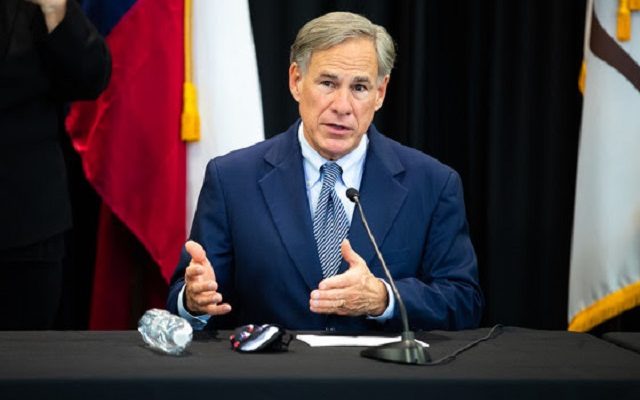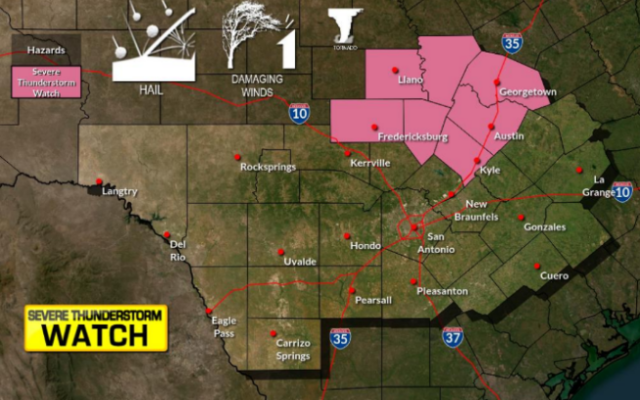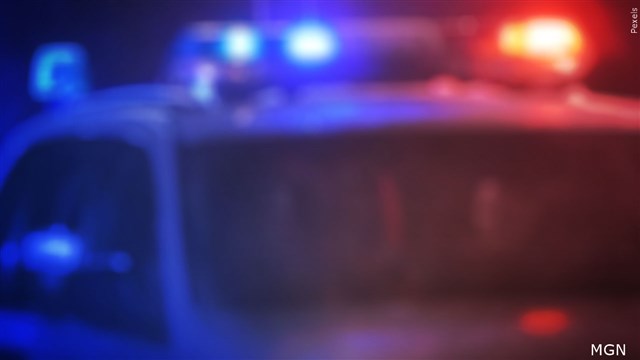Texas appeals court sides with governor on ballot drop boxes

Abbott issued an order in late July that would enable Texans to hand-deliver their ballots before Election Day. Normally, absentee ballots in the state must be returned through the mail, except on Election Day, when voters can deliver their ballots in person.
After the governor’s decree, some counties, including Harris County, home to Houston, announced plans to open multiple drop-off locations. But on October 1, Abbott issued another order limiting counties to one drop-off site, saying it would “strengthen voting safety in Texas.” Civil rights and voting rights advocates sued to block the order.
Monday night’s ruling reverses the lower court decision that blocked Abbott’s order on Friday night. The district court judge had concluded that allowing only one site per county imposed a “burden on an already vulnerable voting population.”
But the three-judge appeals court panel — all appointees of President Trump — agreed with the Texas secretary of state’s argument that Abbott had already sufficiently expanded absentee voting options during the 2020 election by allowing people to return ballots before Election Day.
“Leaving the Governor’s October 1 Proclamation in place still gives Texas absentee voters many ways to cast their ballots in the November 3 election,” Judge Stuart Kyle Duncan wrote. “These methods for remote voting outstrip what Texas law previously permitted in a pre-COVID world. The October 1 Proclamation abridges no one’s right to vote.”
On Saturday, the appeals court put a temporary hold on the decision blocking Abbott’s order. In its decision on Monday night, the appeals court panel rejected the district court’s assertion that Texas needed to provide evidence of voter fraud to justify the drop-off limits.
“Such evidence has never been required to justify a state’s prophylactic measures to decrease occasions for vote fraud or to increase the uniformity and predictability of election administration,” Duncan wrote.
Harris County, which is the country’s third largest county, with a population of 4.7 million — larger than the state of Rhode Island — had established 11 drop off sites before Abbott issued his second order. In a previous court filing, the Harris County Clerk noted that the lone drop off site “could be more than fifty miles away” for some voters.
Some activists also raised concerns about the impact on voters of color and low-income voters. When Abbott announced he would be limiting counties to one drop-off location, Harris County Clerk Chris Hollins said Abbott’s decision “harms voters and will result in widespread confusion and voter suppression.”
Texas is one of the only states to not expand access to mail-in or absentee voting due to the COVID-19 pandemic. To be eligible for absentee voting, residents must be either 65 years or older, disabled, out of the county on Election Day and early voting period, or in jail but otherwise eligible.
In addition to allowing absentee ballots to be hand-delivered before Election Day, Abbott also added an extra six days for early in-person voting in Texas. During the March primary, about 45% of votes were cast at early in-person voting sites.
Early voting began on Tuesday morning in Texas. There were reports of long lines in Harris County, home to Houston, and Travis County, home to Austin, when the polls opened. As of 9:00 a.m. CT, 17,300 people had voted in Harris County, the county clerk said on Tuesday morning.
You Might Also Like



